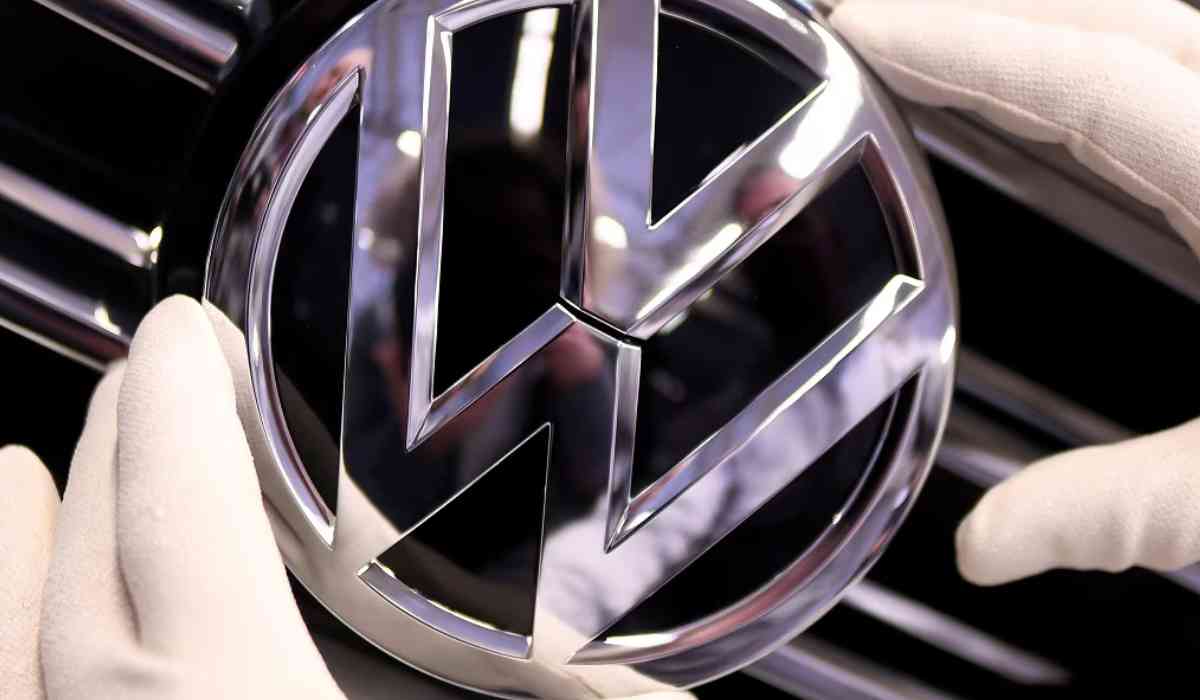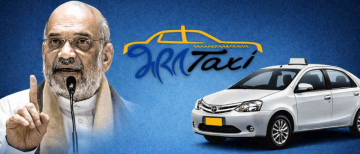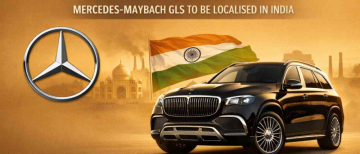India has served notice on the German Volkswagen automaker. Volkswagen has been accused of dodging $1.4 billion in taxes due to underreporting of the import duties of its Audi, Volkswagen (VW), and Skoda car-assembly components. A September 30 notice listed a series of charges including alleged misclassification and under-declaration of imports by Volkswagen to reduce tax liabilities.
Alleged Scheme for Tax Evasion
Skoda Auto Volkswagen India-the India unit of Volkswagen-is supposed to have imported components for its vehicles, like the Skoda Superb, Kodiaq, Audi A4, Q5, and VW Tiguan, to avoid steeper import taxes. CKD units attract a tax of 30-35%, but the company allegedly brought in these components as independent parts to take advantage of a 5-15% duty. This scheme was hidden through multiple shipments so that the company was able to avoid huge amounts of tax payments.
"This logistical arrangement is an artificial structure, designed specifically to clear the goods without paying the applicable duty," said the Office of the Commissioner of Customs in Maharashtra in its 95-page notice.$1.36 Billion Shortfall in Tax Payments
Since 2012, Volkswagen is said to have underpaid taxes amounting to $1.36 billion. While the company should have paid approximately $2.35 billion in import taxes and related duties, it reportedly paid only $981 million. The authorities have given Volkswagen a 30-day period to respond to the notice.
Volkswagen’s Response
Skoda Auto Volkswagen India denied any wrongdoing and stated that it fully complies with all applicable laws and regulations. The company was said to be reviewing the notice and cooperating with authorities but did not say if a response had been filed yet.
Fines and Legal Consequences
The penalties could be as high as 100% of the tax amount evaded, thereby pushing the total amount to $2.8 billion if Volkswagen is found guilty. This case shows that India is still a tough place for foreign companies in terms of tax burden and long-drawn legal disputes. Other international companies, like Tesla and Vodafone, have also had their own disputes with Indian tax authorities.

Volkswagen has been hit by tax-related issues when the company was facing a tough time in other respects. There is a labor dispute concerning plant closure and layoffs on the one hand and is also under pressure from new Chinese carmakers on its European and Chinese operations, on the other. There has also been a fall in sales for the German giant in its largest market in China and is now seriously considering selling some of the operations in that country.
In 2022, Indian investigators conducted raids on three Volkswagen establishments in India, including two plants in Maharashtra. Some papers on the import of its components and emails sent from the top executives to its workers were seized. Volkswagen India's managing director, Piyush Arora, was questioned why components to assemble a car are not shipped together.
Internal Software Used to Facilitate Scheme
The Indian authorities claim that Volkswagen used internal software to place bulk orders for car parts from suppliers in the Czech Republic, Germany, Mexico, and other countries. These parts were then shipped separately over several days, in different containers and under multiple invoices, with the aim of reducing duties by classifying them as individual components rather than assembled units.
Volkswagen defended this practice, claiming it was necessary for operational efficiency, but the authorities dismissed this argument, stating that the company's logistics operations were far less significant than the overall import process.
Ongoing Challenges in India
Volkswagen's tax issues come at a time when the company seeks to expand its footprint in the Indian market. Recently, the automaker declared plans to invest $1.8 billion in the production of electric vehicles in Maharashtra and agreed to supply electric components to Mahindra. However, the market share of the company remains small in India, especially in the luxury car market, which is highly competed by Mercedes and BMW.
This only adds another layer of complication in Volkswagen's operations for India, a market known for high import taxes and unresolved legal disputes with foreign automakers.
With inputs from agencies
Image Source: Multiple agencies
© Copyright 2024. All Rights Reserved Powered by Vygr Media.
























